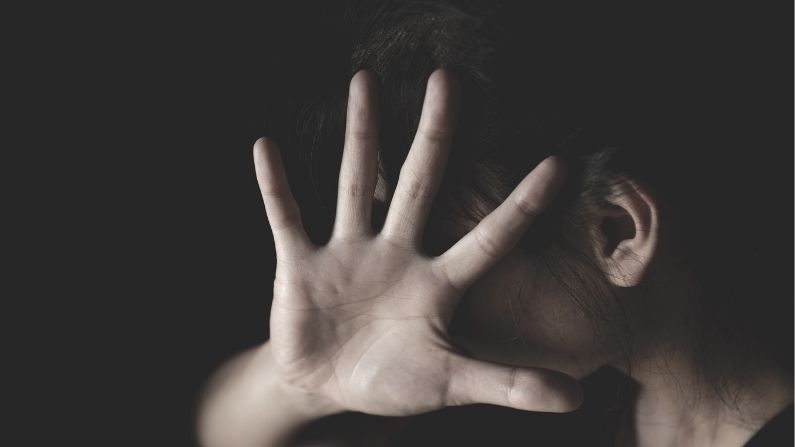A report of child abuse is made in the United States every 10 seconds, according to the nonprofit organization Childhelp. However, experts have warned that a drop in reports during the coronavirus pandemic is masking a “pandemic within a pandemic” of surging domestic violence and child abuse cases.
KHOL Spanish-language reporter Alicia Unger has been reporting on this increasingly urgent issue and how it’s playing out locally in Teton County. She discussed her work with KHOL reporter and producer Will Walkey and reports on the case of a woman named Cristina, who was kidnapped and trafficked from Tlaxcala, Mexico, to Jackson many years ago, in a Spanish-language story.
As a warning, Unger’s interview and story contain descriptions of sexual assault and may not be appropriate for all listeners.
WILL WALKEY: So, Alicia, the main subject of this story is violence against minors, and you talk to a few sources familiar with this issue in Teton County. After you’ve reported this story, can you tell us how the landscape of violence against minors has changed during the pandemic?
ALICIA UNGER: Well, according to my research, the violence against minors is already bad in the United States. The United States is the number one country [for] violence and child abuse.* And the pandemic is making it worse because the kids don’t have the opportunity to express how they feel with their teachers, or with their friends. With the pandemic, they’re being at home, and sometimes they are sleeping with the enemy. Most of the cases, according to statistics, are from people that are close to them.
WALKEY: You start your story with pretty harrowing tape and a pretty disturbing story from Cristina, who’s your main character. What does her story tell us about this trend and about child abuse and neglect in general?
UNGER: Her story is an example of thousands. Every nine minutes as we talk in right now, someone is getting abused in this country. It’s alarming. It’s devastating to get to know the statistics. I spoke to a person that works at [Teton County Youth and Family Services], and her name is Sara Cavallaro. And Sara Cavallaro explained to me that they are not receiving as many calls for help as they used to. But that doesn’t mean that the problem is disappearing [or] that it’s getting better. No. They are afraid. That is because the kids don’t have the resources to ask for help, because now they’re not in school and they don’t have extra eyes [of teachers and support staff] who look out for them. So, this story is very important because it’s an awakening and an eye opening that, even in this beautiful county, these things are happening. And we are not wanting to see these things. It’s devastating, and it’s important for the people that hear this story to take conscience and open their eyes that these things are happening around us.
WALKEY: Thinking about people that hear this story that may think, ‘What can I do about this?’ or maybe even someone who’s being abused or neglected is thinking, ‘What can I do about this?’ What sort of advice would you give, and sort of solutions in how we can start solving this problem?
UNGER: Well, the advice that we have from one of the victims, the advice that we have from Cristina, is to go to the authorities. The advice that we have from the authorities is to come to them and that they will be able to guide them, and to find healing. And it is important because, if you don’t heal, then this circle of violence will never close. Many of these people who have been abused can be abusers in different ways. But it’s because they haven’t healed. They’re still angry, they’re still sad. So, it’s very important to seek for help and not to be afraid.
* The U.S. is one of the worst countries in the world in terms of total reported cases of child abuse and neglect, according to Childhelp. However, child abuse and neglect is extremely difficult to track and collect data on and many cases elsewhere go unreported. Some other organizations, including Out of the Shadows, track child abuse data using different metrics, and thus rank the U.S. differently.






